Frans De Waal and the “morality in animals” attempt
- News
- 24 Jan 2014
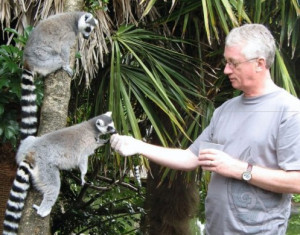 The reductionist-naturalist dogma “we are our genes” has now been abandoned, as it’s been replaced for a while by another dogmatic belief: “we are our brains”. After the failure of geneticists, now it’s neuroscientists’ turn to argue that free will is an illusion, that consciousness is an epiphenomenon of our brain, and that morality is a mere product of neurons. All of course to avoid attributing to human beings an exceptionality which may be really annoying for those who deny the Creator.
The reductionist-naturalist dogma “we are our genes” has now been abandoned, as it’s been replaced for a while by another dogmatic belief: “we are our brains”. After the failure of geneticists, now it’s neuroscientists’ turn to argue that free will is an illusion, that consciousness is an epiphenomenon of our brain, and that morality is a mere product of neurons. All of course to avoid attributing to human beings an exceptionality which may be really annoying for those who deny the Creator.
In this new venture, there are not just neuroscientists, but also ethologists such as Frans De Waal who obviously has an interest in claiming that “morality is not born with religion but is innate“, which means it is held by animals and especially primates, which even “distinguish between good and evil and react to injustice“. An exaggeration, thankfully downsized right below: “I’m not saying that chimpanzees or bonobos are moral beings, rather they have all the basic ingredients without which we humans cannot have any morality.” The more the interview goes on the more his statements lose self-confidence: “We cannot know what animals feel “, he rectifies for the third time. ” What we can do is to measure how they react in some situations“.
This means they interpret (often arbitrarily) the animals’ reactions from a human point of view, that is anthropomorphism. A simple game of probabilistic deductions which have nothing to do with the scientific method, just like a chat with his kitten because “it understands me“. Almost at the end there is another clarification: “Human morality is not just about you and me or the people we know, but it applies to everyone the same way. This requires a certain level of abstraction, some generalized rules. In this sense, human morality is special: we discuss the principles of our ethical system and try to justify them, while apes don’t do that“, always assuming that they have and follow an ethical system. There is also a critique of Richard Dawkins and his “selfish gene” which is considered by De Wall even as “an anti-Darwinian message“.
In practice, the Dutch ethologist reduces human morality to empathy, cooperation and caring about the others. Therefore it’s obvious that he concludes: “cooperation and social harmony have always been an advantage for our species, long before modern religions were born, namely two thousand years ago“. Thus, religion just “reinforced the system”. Beyond its scientific validity, even if we accept De Waal’s point of view, it should be noted this is an original interpretation of human history which confirms that in humans there is a natural inclination to good, relationship and cooperation, and that religion, particularly Christianity, has enhanced it by explaining its origin: we are all brothers and sisters, Jesus Christ told us, as we are children of one God. However, he added a unique teaching: “You have heard that it was said, ‘You shall love your neighbour and hate your enemy”. This was taught even by the ancient Greeks. But Jesus adds: “I tell you: love your enemies and pray for those who persecute you, so that you may be children of your Father who is in Heaven. For he makes his sun rise on the evil and on the good, and sends rain on the just and on the unjust. For if you love those who love you, what reward do you have? Do not even the tax collectors do the same? And if you greet only your brothers and sisters, what more are you doing than others? Do not even the Gentiles do the same? You therefore must be perfect, as your Heavenly Father is perfect” (Mt 5, 43-48 ).
There is no animal species that loves its enemies, or that has a concept of true generosity. Cooperation and care towards their offspring mentioned by De Waal have a sense in evolution and genetic conservation, but when this behaviour is directed towards strangers it is called grooming: I do this for you so you will do this for me. It’s always individual advantage (as it was found in ants) that moves animals and it could not be otherwise, as “moral behaviour as such does not even exist in any original form in non-human beings ” (F. Ayala, “L’evoluzione”, [Evolution], Jaca Book 2009 , page 157). Actually, what looks like altruism is always a form of selfishness. In fact, an important school of evolutionary biologists, led also by Marc Hauser, claims that it is more interesting to note the differences between animals and humans than point out the (few) similarities.
Ethologist De Wall acknowledges the failure of modern atheism as it has been mainly characterized by aggression against believers and religion. “With their claim to be rational“, he accused, “their contempt for the historically strict relationship between science and religion and their willingness to alienate even moderate believers, neo-atheists end up falling into the dogmatic part of the spectrum. Their position has particularly damaged the debate on evolution. Who will ever listen to the biologists who argue how well-documented evolution is if the first words that come out of their mouths are: “you’re an idiot”? Moreover, atheism is an empty position. All it claims is that God does not exist, while it cannot answer questions such as: what should we do with our lives, where can we find its meaning, why are we here and how can we communicate with human society as a whole“. Rather, his approach is softer: focusing on the positive aspects to make religion useless: “Atheism”, he wrote in his recent book “The bonobo and the atheist“, “must be combined with something else, something more constructive than its opposition to religion, in order to be relevant to our lives. The only option is to think morality as a natural feature of our species“.
His last words reveal that the reductionist attempt to conceive human morality as a purely natural factor serves the atheist stance rather than the scientific cause. Once again, people misuse science in order to deny God. An attempt against science and against Charles Darwin himself, who, on the other hand, wrote: “a moral being is one who is capable of comparing his past and future actions or motives, and of approving or disapproving of them. We have no reason to suppose that any of the lower animals have this capacity ” (C. Darwin, “L’origine dell’uomo e la selezione naturale” [“The Descent of Man”] Newton Compton in 2007, page 88).
The Editorial Staff, translation by Vito





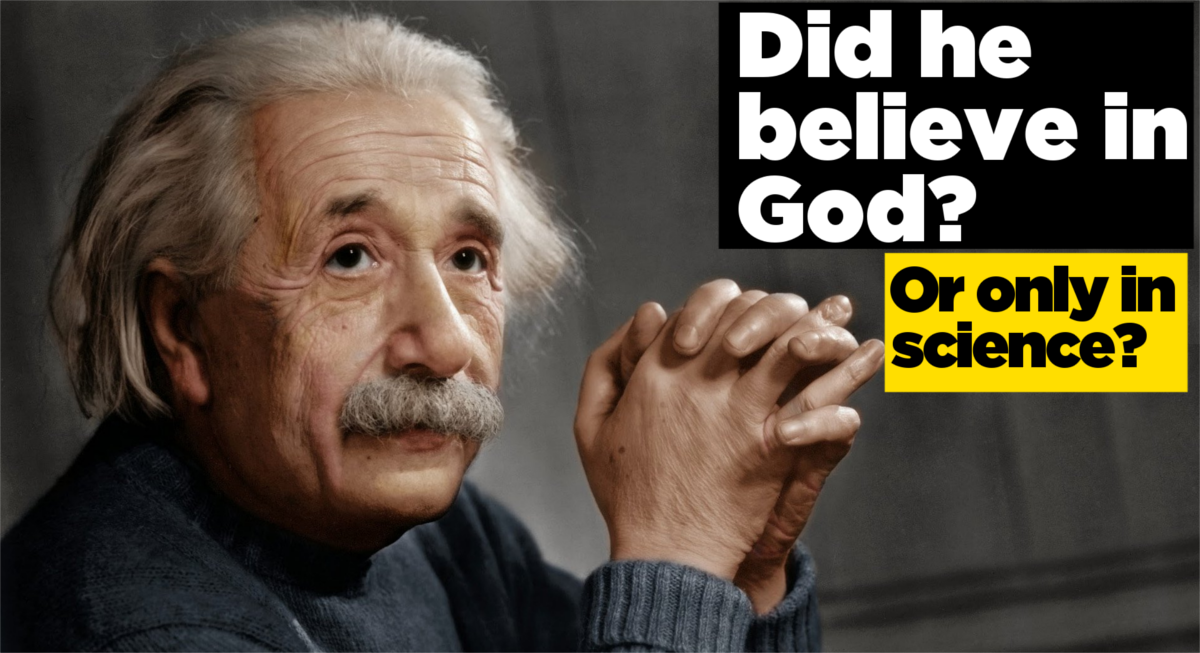
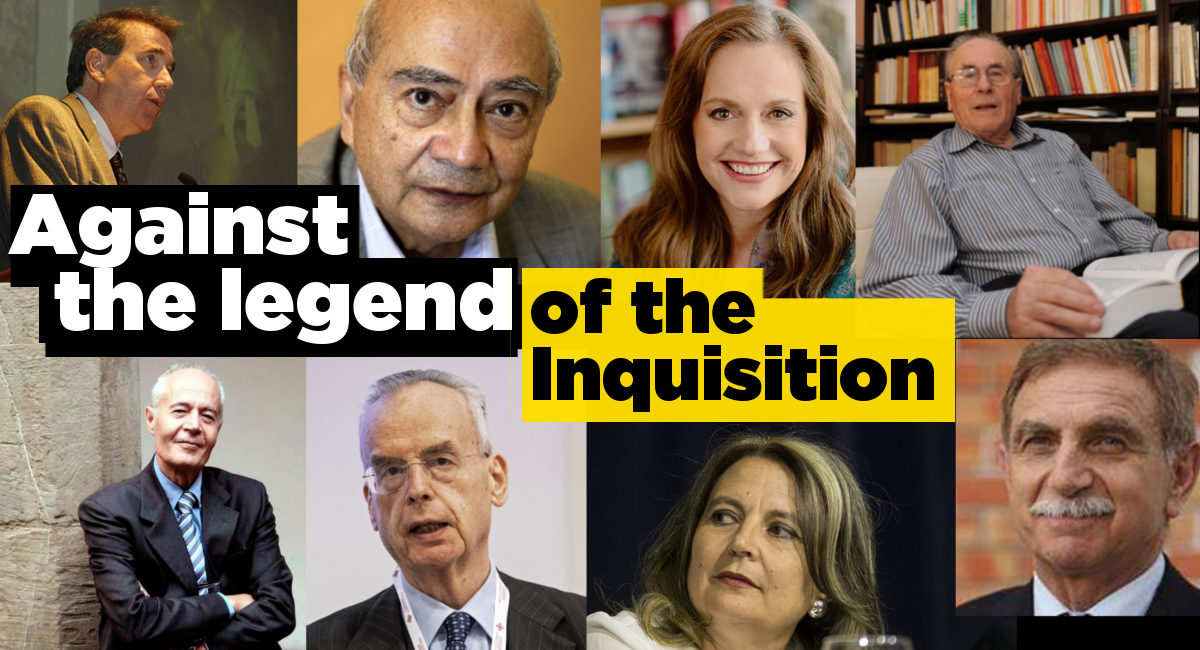
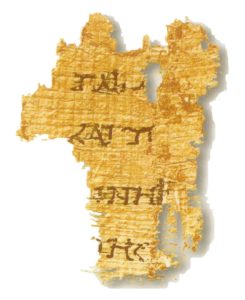
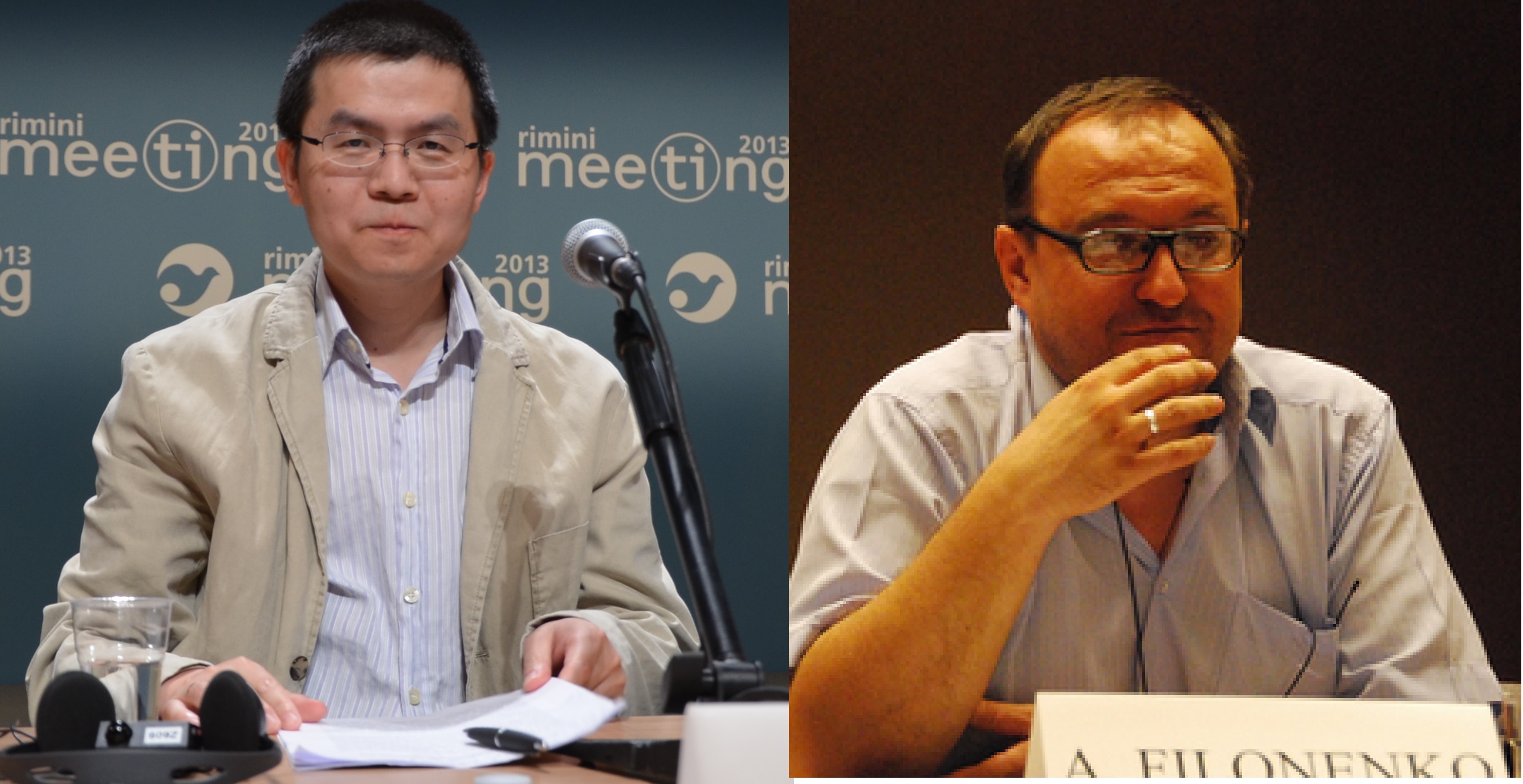




1 commenti a Frans De Waal and the “morality in animals” attempt
In animal society, the bulk of violence activities comes from the attempt of conquering the sexual partner, or defending the own territory. It’s simply ludicrous to believe that starting make sex like bonobos violence in human society would get to an end. In Roman society, sexual activities were widespread, as well as violence. The reasons that make us using force are blatantly different from animal’s one.
We can turn into a great bunch of Jenna Jamesons and Ron Jeremies, but North Corea would still pose a threat, inner poverty would still cause robberies ecc.